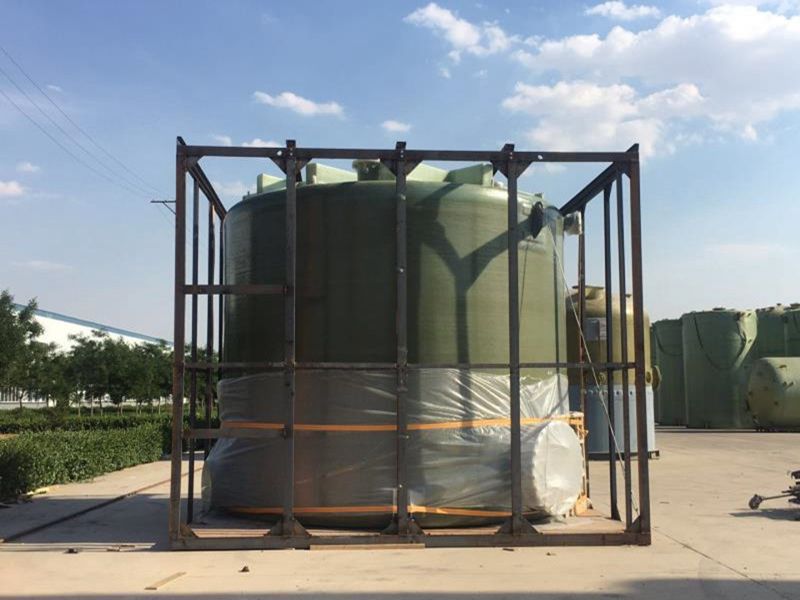
-
 Afrikaans
Afrikaans -
 Albanian
Albanian -
 Amharic
Amharic -
 Arabic
Arabic -
 Armenian
Armenian -
 Azerbaijani
Azerbaijani -
 Basque
Basque -
 Belarusian
Belarusian -
 Bengali
Bengali -
 Bosnian
Bosnian -
 Bulgarian
Bulgarian -
 Catalan
Catalan -
 Cebuano
Cebuano -
 China
China -
 China (Taiwan)
China (Taiwan) -
 Corsican
Corsican -
 Croatian
Croatian -
 Czech
Czech -
 Danish
Danish -
 Dutch
Dutch -
 English
English -
 Esperanto
Esperanto -
 Estonian
Estonian -
 Finnish
Finnish -
 French
French -
 Frisian
Frisian -
 Galician
Galician -
 Georgian
Georgian -
 German
German -
 Greek
Greek -
 Gujarati
Gujarati -
 Haitian Creole
Haitian Creole -
 hausa
hausa -
 hawaiian
hawaiian -
 Hebrew
Hebrew -
 Hindi
Hindi -
 Miao
Miao -
 Hungarian
Hungarian -
 Icelandic
Icelandic -
 igbo
igbo -
 Indonesian
Indonesian -
 irish
irish -
 Italian
Italian -
 Japanese
Japanese -
 Javanese
Javanese -
 Kannada
Kannada -
 kazakh
kazakh -
 Khmer
Khmer -
 Rwandese
Rwandese -
 Korean
Korean -
 Kurdish
Kurdish -
 Kyrgyz
Kyrgyz -
 Lao
Lao -
 Latin
Latin -
 Latvian
Latvian -
 Lithuanian
Lithuanian -
 Luxembourgish
Luxembourgish -
 Macedonian
Macedonian -
 Malgashi
Malgashi -
 Malay
Malay -
 Malayalam
Malayalam -
 Maltese
Maltese -
 Maori
Maori -
 Marathi
Marathi -
 Mongolian
Mongolian -
 Myanmar
Myanmar -
 Nepali
Nepali -
 Norwegian
Norwegian -
 Norwegian
Norwegian -
 Occitan
Occitan -
 Pashto
Pashto -
 Persian
Persian -
 Polish
Polish -
 Portuguese
Portuguese -
 Punjabi
Punjabi -
 Romanian
Romanian -
 Russian
Russian -
 Samoan
Samoan -
 Scottish Gaelic
Scottish Gaelic -
 Serbian
Serbian -
 Sesotho
Sesotho -
 Shona
Shona -
 Sindhi
Sindhi -
 Sinhala
Sinhala -
 Slovak
Slovak -
 Slovenian
Slovenian -
 Somali
Somali -
 Spanish
Spanish -
 Sundanese
Sundanese -
 Swahili
Swahili -
 Swedish
Swedish -
 Tagalog
Tagalog -
 Tajik
Tajik -
 Tamil
Tamil -
 Tatar
Tatar -
 Telugu
Telugu -
 Thai
Thai -
 Turkish
Turkish -
 Turkmen
Turkmen -
 Ukrainian
Ukrainian -
 Urdu
Urdu -
 Uighur
Uighur -
 Uzbek
Uzbek -
 Vietnamese
Vietnamese -
 Welsh
Welsh -
 Bantu
Bantu -
 Yiddish
Yiddish -
 Yoruba
Yoruba -
 Zulu
Zulu
Innovative Applications of Fiberglass in Chemical Products for Enhanced Durability and Performance
Fiberglass Chemical Products Innovations and Applications in Modern Industry
Fiberglass, a composite material made from fine glass fibers, has become an essential part of various industries due to its unique properties and chemical versatility. The term fiberglass chemical products encompasses a broad range of items created using fiberglass materials, which include resins, coatings, and reinforced composites used across construction, automotive, aerospace, and marine applications. This article will explore the innovations in fiberglass chemical products and their significant applications in modern industry.
One of the most significant aspects of fiberglass is its lightweight nature paired with high strength and durability. These qualities arise from the glass fibers’ arrangement and the resin's binding properties. The most commonly used resin in fiberglass production is epoxy, which offers excellent adhesion, chemical resistance, and thermal stability. In recent years, advancements in resin formulations have led to the development of bio-based epoxy resins, providing more environmentally friendly options without compromising performance.
In the construction industry, fiberglass chemical products have revolutionized traditional building materials. Fiberglass-reinforced plastics (FRP) are increasingly used in building materials due to their resistance to corrosion, lightweight structure, and ease of installation. These materials are utilized in various applications, from structural components like beams and columns to exterior elements such as roofing and wall panels. Additionally, fiberglass insulation products have become a staple in energy-efficient buildings, as they help regulate temperature and reduce energy costs.
The automotive industry is also witnessing a significant shift towards fiberglass materials. As manufacturers aim to produce lighter vehicles that comply with stringent fuel-efficiency regulations, fiberglass plays a crucial role. In applications such as body panels, hoods, and interior components, fiberglass provides a strong yet lightweight alternative to traditional metals. Innovations in fiberglass production, such as the development of thermoplastic composites, allow for improved recyclability and faster manufacturing processes, further propelling the industry towards sustainability.
fiberglass chemical product

Aerospace applications of fiberglass chemical products are particularly notable. Lightweight composites made from fiberglass significantly reduce aircraft weight, improving fuel efficiency and performance. These materials, often used in aircraft structures, interiors, and components, demonstrate an exceptional strength-to-weight ratio, vital for aerospace engineering. Continuous research and development in advanced composite technology aim to enhance the mechanical properties of fiberglass, ensuring it remains competitive against other materials like carbon fiber.
In the marine sector, fiberglass has long been a favored material for boat hulls, as it offers a combination of durability and resistance to water corrosion. Modern fiberglass boats benefit from the latest resins and composite technologies, enhancing their longevity and performance in diverse water conditions. Additionally, fiberglass is also used in manufacturing various marine accessories and components, further demonstrating its versatility and reliability.
Despite its numerous advantages, the fiberglass industry faces challenges, including the environmental impact of resin production and the difficulty of recycling fiberglass materials. As awareness of sustainability grows, researchers are investigating methods to improve the recyclability of fiberglass products and to create more eco-friendly resin alternatives. These efforts are critical for ensuring that fiberglass remains a viable material choice for the future.
In conclusion, fiberglass chemical products have established themselves as vital components across various industries, driving innovations in material science and applications. From construction to aerospace, fiberglass continues to offer unique advantages, with ongoing research paving the way for more sustainable and efficient solutions. As the demand for lightweight, durable materials grows, fiberglass will undoubtedly play an increasingly prominent role in shaping the future of industrial applications.
Latest news
-
High-Performance FRP Scrubber – Advanced Fiberglass Scrubber for Effective Cleaning & Stain RemovalNewsJul.04,2025
-
Fiberglass 90 Degree Elbow for Custom Tanks & High Pressure Pipes Durable and Corrosion ResistantNewsJun.24,2025
-
Exploring the Benefits of Top Hammer Drifter Rods for Enhanced Drilling PerformanceNewsJun.10,2025
-
High-Precision Fiberglass Winding Machine for GRP/FRP Pipe Production – Reliable & Efficient SolutionsNewsJun.10,2025
-
FRP Pipes & Fittings for Shipbuilding - Corrosion-Resistant & LightweightNewsJun.09,2025
-
Premium FRP Flooring Solutions Durable & Slip-ResistantNewsJun.09,2025









